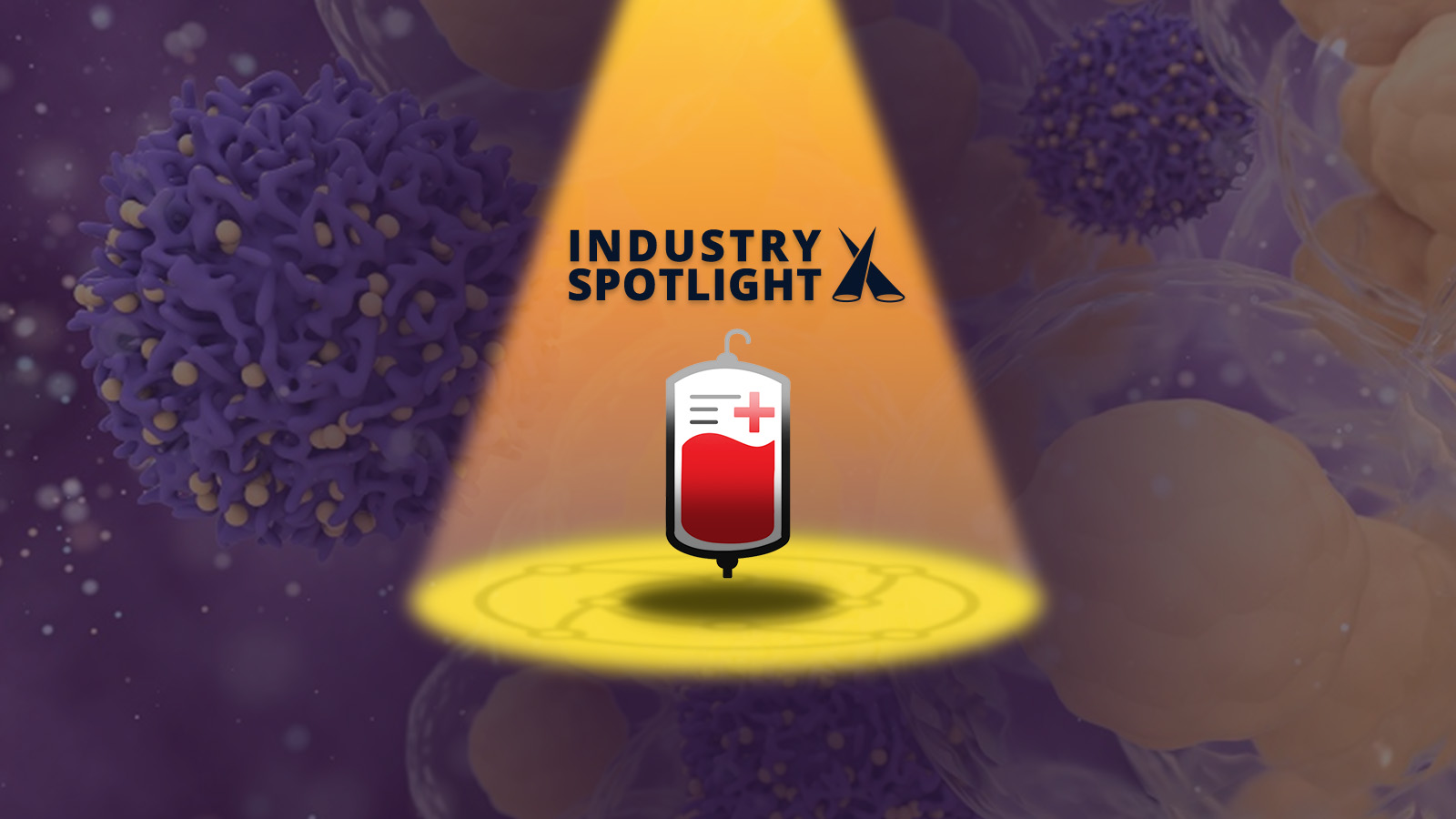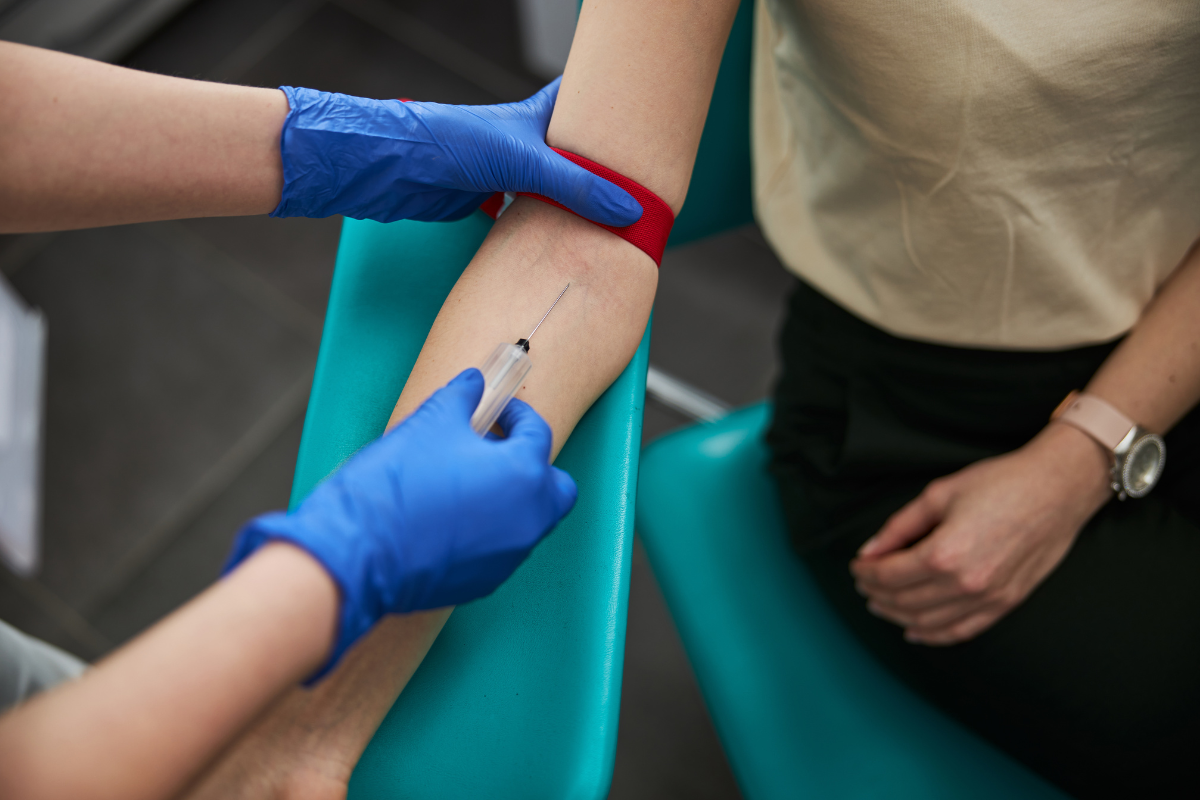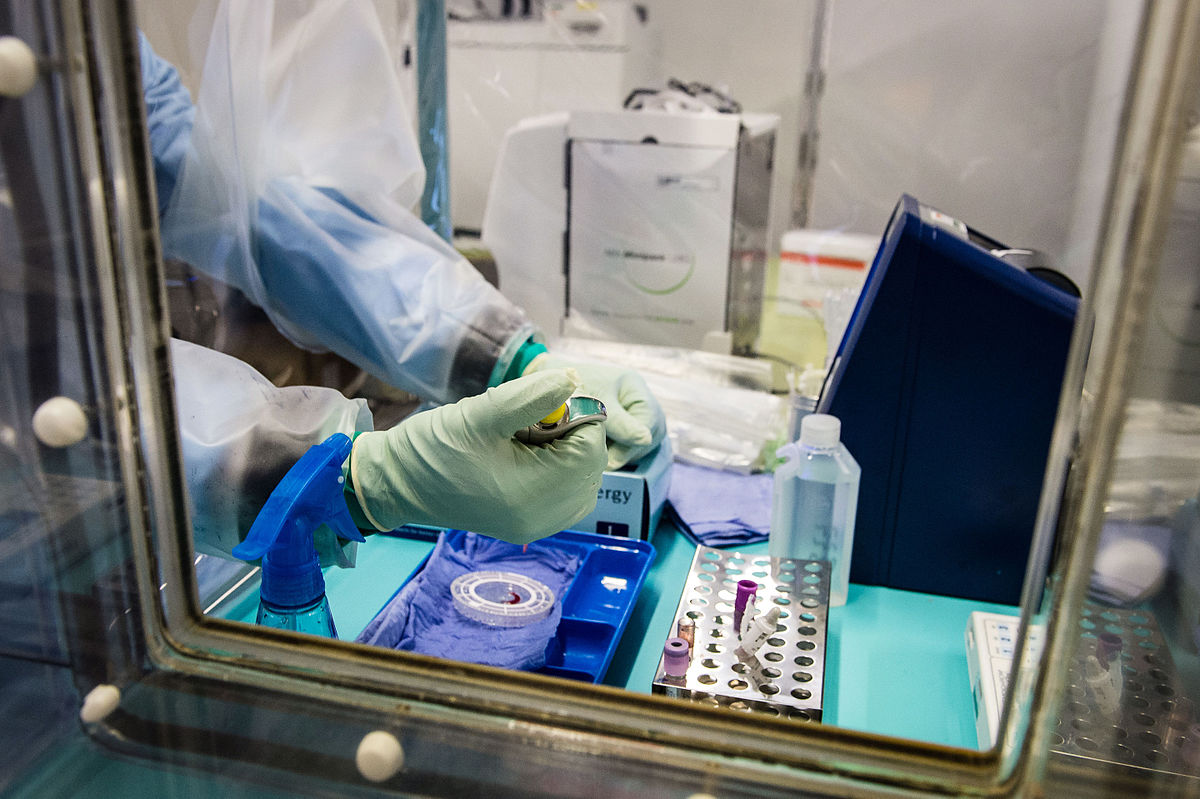Toxicity Markers of Cognitive Deterioration in Young Cancer Sufferers

A new study by a team of researchers at the University of California, Irvine, highlights the importance of evaluating and managing toxicity levels in young cancer patients. Published in the Cancer Medicine journal, the study found that adolescent and young adult patients cancer patients can suffer cancer-related cognitive impairment before chemotherapy or radiation treatment.
The findings stress the need for effective toxicity management and evaluation during cancer diagnosis to deter further cognitive deterioration. Because cancer diagnosis between the ages of 15 and 39 is rare, with only approximately 70 000 cases recorded annually in the US, there is minimal information available regarding cognitive toxicity in this population..
- Are Neuroimmune Proteins the Key to Neurodegenerative Disease Diagnosis?
- Digital Biomarkers: Using Smartphones for the Passive Monitoring of Neurodegenerative Diseases
- Fluid Biomarkers for Neurodegenerative Disease
It is essential to study the post-treatment health effects of young adult cancer survivors. This is because neurological deterioration before and during treatment can significantly hinder the unique age group’s ability to resume their pre-diagnosis daily school or work routines.
During the multicentre longitudinal study, newly diagnosed adolescent and young adult cancer patients were recruited alongside age-matched healthy controls. Cancer patients displayed poor cognitive performance on at least two cognitive tests compared to the control group prior to treatment. Elevated baseline inflammatory biomarkers, as well as lower levels of plasma brain-derived neurotrophic factors, were also detected in these patients.
The results indicated that reduced levels of neurogenesis and neuronal plasticity in the brain could help explain indications of poor cognitive functioning. Young “patients newly diagnosed with cancer are at high risks of developing cancer-related cognitive impairment even prior to the receipt of systemic treatment,” researchers concluded.
“Our results suggest that inflammation and other physiological changes caused by cancer before chemotherapy or radiation can predispose [adolescent and young adult] cancer patients to cognitive declines,” said Alexandre Chan, corresponding author and University of California, Irvine chair and Professor of Clinical Pharmacy Practice in an official press release.
The results indicated that reduced levels of neurogenesis and neuronal plasticity in the brain could help explain indications of poor cognitive functioning.
“They often experience symptoms that can lead to functional impairment at great social, economic and emotional costs. Our findings inform clinicians that cognitive performance must be screened and managed at the time of diagnosis.” A further area of study includes the evaluation of the earlier implementation of rehabilitation strategies to prevent cognitive deterioration.
The National Medical Research Council Singapore supported the research study. Team members included Quan Ng, a University of California, Irvine graduate student in Clinical Pharmacy Practice, and researchers from Singapore, Australia, and Canada.
Alexandre Chan et al, Cognitive impairment in adolescent and young adult cancer patients: Pre‐treatment findings of a longitudinal study, Cancer Medicine (2022). DOI: 10.1002/cam4.5295
Want to stay up to date with the latest Biomarker news? Register now for Oxford Global’s flagship event, Biomarkers UK. This is a must-attend forum covering the latest trends transforming biomarker and translational research.
Get your weekly dose of industry news here and keep up to date with the latest ‘Industry Spotlight’ posts. For other Biomarkers content, please visit the Biomarkers Content Portal.







